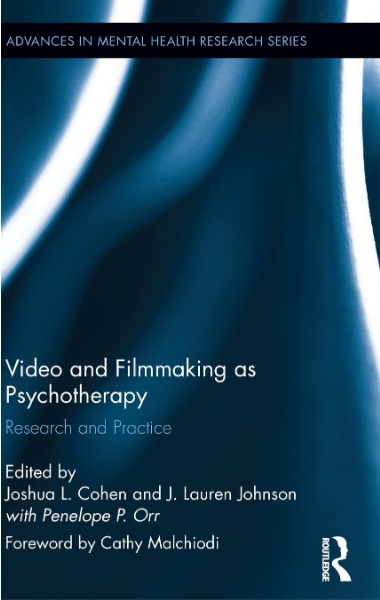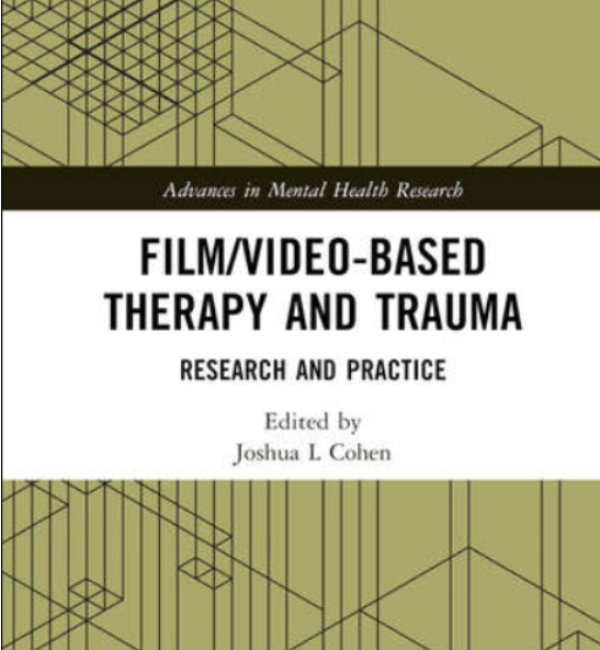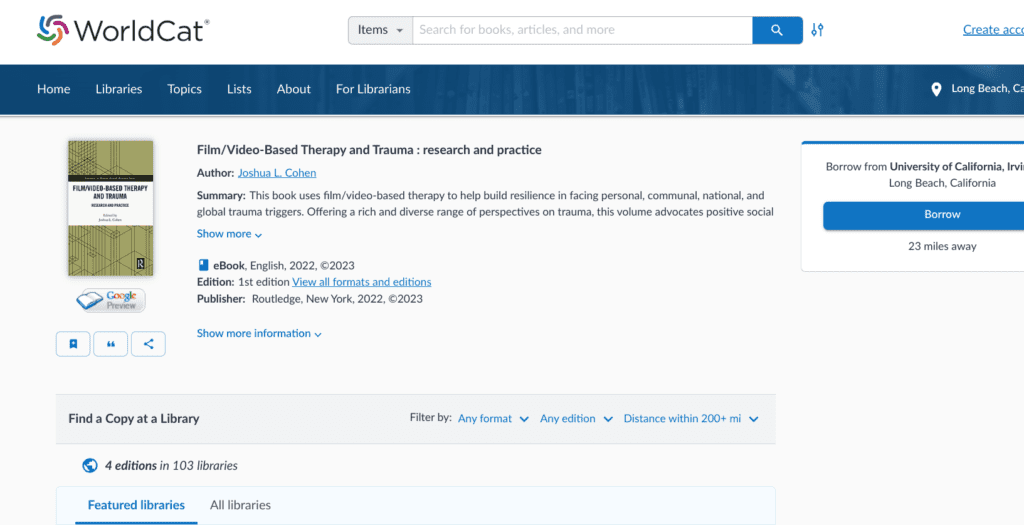Cinematherapy and Film/Video-Based Therapy
This website explores the use of cinematherapy and film/video-based therapy in addressing trauma and promoting healing. The book "Film/Video-Based Therapy TM and Trauma: Research and Practice" provides valuable insights in this field.
- Trauma-informed therapy: The summaries emphasize the importance of addressing psychological trauma and highlight the utility of trauma-focused therapies in healing and growth.
- Licensed therapy: Film/Video-Based Therapy™ is emphasized to involve a licensed therapist, indicating the need for professional expertise in providing therapeutic support.
- Embodied cognition: The concept of embodied cognition is discussed, which involves understanding the unconscious process through which traumatic memories are formed and its relevance in therapeutic interventions.
- Metaphor-rich therapy: The use of metaphor-rich therapy is highlighted as a valuable approach to help patients re-story their traumatic experiences, facilitating meaning-making and integration into a more coherent self-narration.
- Sensory engagement: The value of engaging sensory processing systems, such as visual and sensory-motor, in transforming raw preverbal material into a narrative of healing is emphasized.
- Neuroscientific application: The integration of neuroscience within psychotherapy, specifically neurocinematics, is explored as an effective and ethical approach in trauma therapy, supported by case studies and protocols.
- Patient involvement: The involvement of patients in therapy and game development is highlighted as a beneficial approach, leading to deeper immersion and more positive outcomes.
- Digital journaling: The use of digital journaling, including multimedia methods, is described as a means to process trauma and gain insight into emotional and physical experiences.
- Digital storytelling: The use of video testimonials and digital storytelling is presented as a viable method for young people coping with cancer-related stress and trauma.
- Drama therapy: The field of drama therapy is discussed, emphasizing the use of film and video as tools for education, therapy, research, and advocacy for social impact and healing.
- Media literacy: The impact of media on culture, relationships, self-esteem, and perceptions is explored, highlighting the need for understanding how media influences thinking and well-being.
- Resilience and healing: The stories and examples presented emphasize resilience, healing, and the transformative power of film and video in personal journeys.
- Storytelling: The chapters involve the telling of personal stories, emphasizing the power of narratives in conveying experiences, resilience, and healing.
- Documentary filmmaking: The process of creating documentary films is explored, showcasing its therapeutic potential and its








